#momoha bonnouji
Explore tagged Tumblr posts
Text
The 100 Girlfriends with Really, Really, Really, Really, REALLY Stupid Names.
AKA: Everyone in this manga has a name that's a pun or a play on words like Ace Attorney and I'm gonna explain them to you from GF 1 to 28.

Aijou Rentarou - The first syllable of both his names, "Ai" and "Ren" are both spelled with different kanji for "love." "Rentarou" means "Feeling Love."
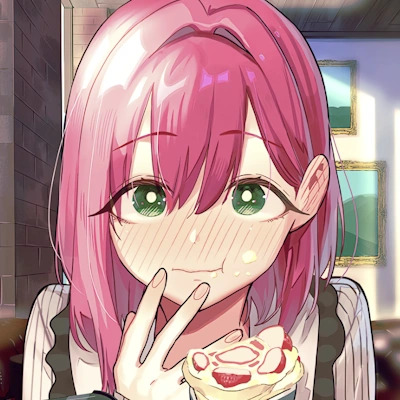
Hanazono Hakari - "Hana" means "flower" or "blossom" and "zono" means "garden". Her surname is a reference to the expression "Atama ga Ohanabatake," literally meaning, "flower garden in the head." This phrase is used to describe someone who is constantly delusional and imaginative, referring to her lustful daydreams and delusions along with the flower-shaped hairpins that she wears as a part of her character design. "Hakari" is also a homophone for "plan," highlighting her devious nature and scheming brain.

Inda Karane - Karane's full name is derived from a highly typical Japanese tsundere sentence "betsu ni anta no tame ni yattenain dakarane!" ("It's not like I did it for you or anything!") The "In" in "Inda" also means "hospital" which is where she keeps sending Rentarou.
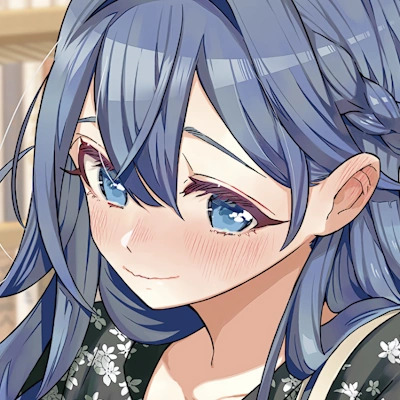
Yoshimoto Shizuka - Yoshimoto can translate to "Lover of Books" and "Shizuka" literally means "quiet."
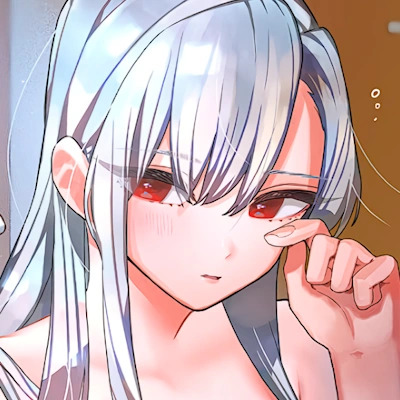
Eiai Nano - "Eiai" is derived from "A.I." and "Nano" is derived from "Nanotechnology," alluding to her straightfoward, computer-like intellect and mechanistic demeanor.
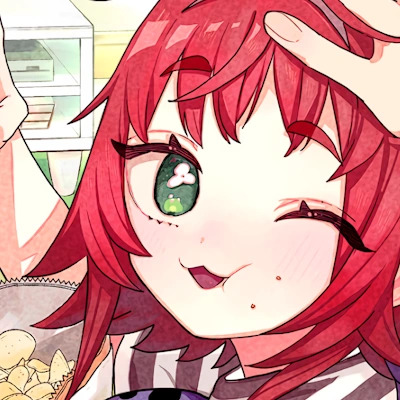
Yakuzen Kusuri - "Yakuzen" means "medicinal cooking" in literal translation, while "Kusuri" is a homophone for the Japanese word for drug or medicine.

Hanazono Hahari - Her name is the same meaning as Hakari's, fitting since she is also very deluded. Hahari also contains the word "Haha," which also means "mother."
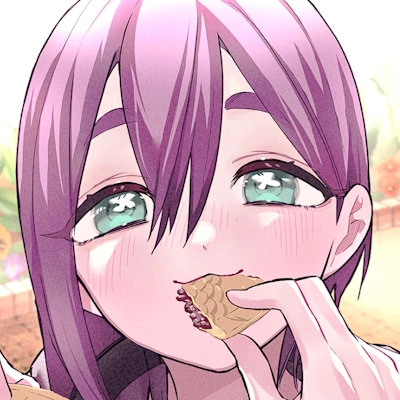
Haraga Kurumi - The "Hara" in "Haraga" means stomach, referring to Kurumi's incredible appitite.

Meido Mei - "Meido" literally means "Maid"
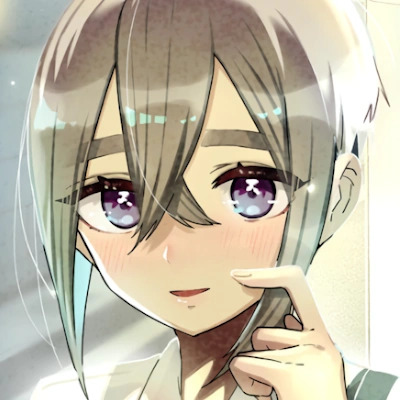
Sutou Iku - Iku's full name is pronounced similarly to the Japanese word "sutoikku", meaning "stoic", as a testament to her high pain threshold.
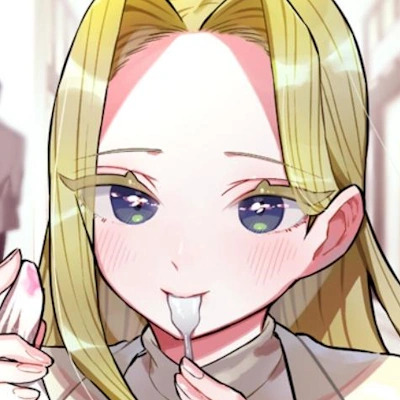
Utsukushisugi Mimimi - "Utsukushi" means "Beauty or Beautiful" Additionally, "Mimimi" has the kanji for "Beauty or Beautiful" twice, and employs the noma kanji, which repeats the kanji that comes before it. In her full name, the word "Beauty" is written in Kanji three times, and her family name and given name are pronounced in On'yomi and Kun'yomi, respectively. There are technically four counts if the Noma Kanji is counted. Therefore, her name can be interpreted as meaning "extremely beautiful."
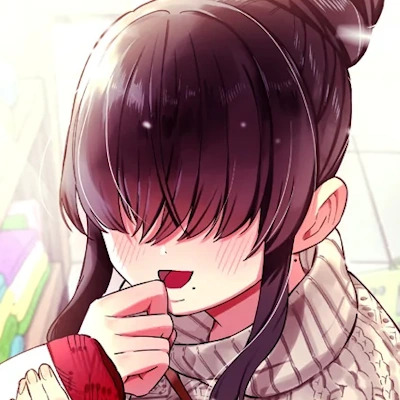
Kakure Meme - "Kakure" means "to hide", and the "Me" in "Meme" means "eye," so her full name effectively means "two hidden eyes." The "Ka" in "Kakure" can also mean "splendor or flashiness" referring to the beuatiful face that she keeps hidden under her bangs as to not draw attention to herself.

Iin Chiyo - Highlighting Chiyo's position at her school, her full name written in hiragana strongly resembles the second half of the Japanese word for "class president," - "gakkyuu iinchou." "Chiyo" also has the kanji for "award" and "wisdom," and "Iin" has the kanji for "school" or "institution."
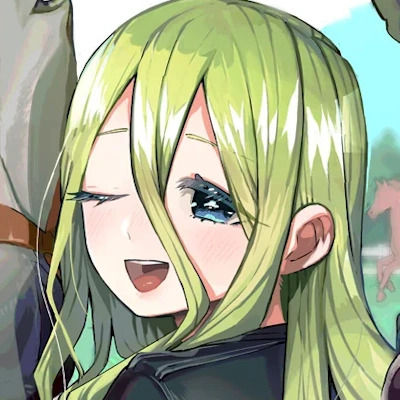
Yamato Nadeshiko - The phrase "yamato nadeshiko," describes the "personification of the idealized Japanese woman." Typically, a yamato nadeshiko is modest and courteous, with long, dark hair that is frequently styled nicely. They wear traditional Japanese attire, and they resemble the kind of woman Naddy's family attempted to turn her into before she rebelled and became obsessed with America. "Yamato" is a term for ancient Japan, and a Nadeshiko is a kind of pink carnation whose name translates to "Japanese Dianthus"
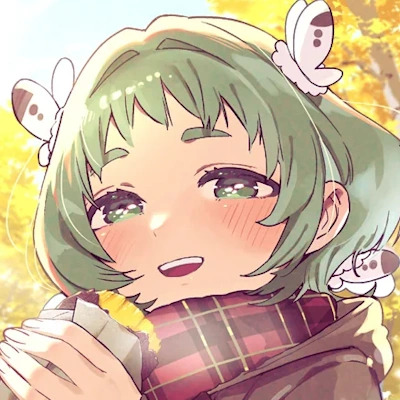
Yasashiki Yamame - "Yasa" means "gentle" or "affectionate", and "shiki" means "spreading" or "laying out" like one would do with seeds in a field. "Sashiki" spelled in a different kanji also means "cutting and planting." "Yamame" can literally be translated to mean "Mountain Woman" referring to Yamame's large size, but "mame" can also mean "hardworking" or "healthy" and "legume" which means "vegetable."
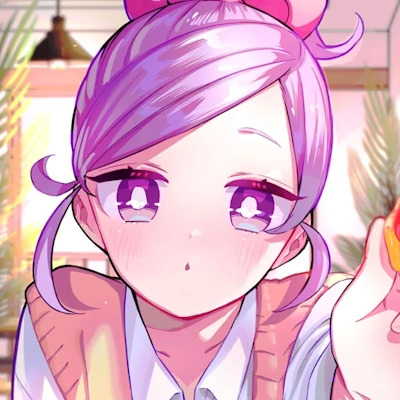
Momi Momiji - "Momimomi" is an informal way of saying squeeze or massage. "Momu" also means "to massage."
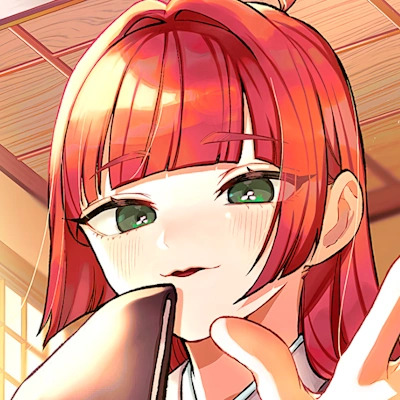
Yakuzen Yaku - Like Kusuri, the word "yakuzen" literally means "medicinal cooking," and her first name contains the same word, albeit written in a different kanji. Kusuri even mentions this in the manga directly, to which Yaku responds that her mother named her after her favourite tree, Yakusugi Cedars. Furthermore, when written using the Goroawase wordplay system, Yaku can be written with the numbers 8 and 9 ("Ya" and "Ku"), referring to how she is 89 years old.

Torotoro Kishika - "Torotoro" is a Japanese onomatopoeia that describes something becoming loose and viscous, which refers to the state Kishika enters when she is babied. Kishika also directly translates to "Flower Knight"
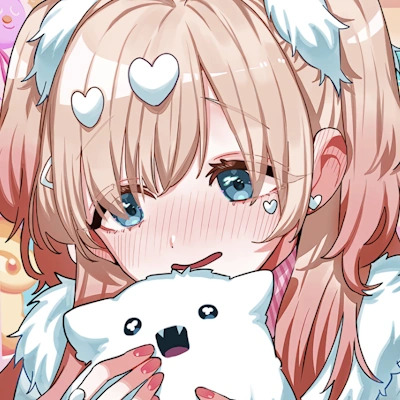
Kedarui Aashii - "Kedarui" means languid, listless or feeling sluggish and "Ashi" a slang version of the pronoun, "atashi" often used by gals. Beyond just Japanese, Aashi means "smile" in Hindi, which makes sense given the constant smile she bears on her face.

Nakaji Uto - The kanji for Nakaji is also used in the word "Chuunibyou," a colloquial term from Japan used to characterize early teens with grandiose delusions, a strong desire to stand out, and the conviction that they possess knowledge or secret hidden powers, i.e. exactly what Uto is. "Uto" is also an alternative interpretation of the kanj "shijin," which translates to "poet."
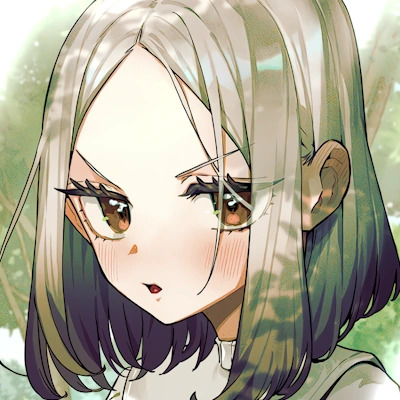
Meido Mai - Similar to Mei, Mai's surname, "Meido" is pronounced in Japanese similarly to how "maid" is. However, it is spelled with the wrong kanji, which could highlight how Mai is an inexperienced maid in comparison to the perfect maid that is Mei. "Mai" can also mean "little sister."
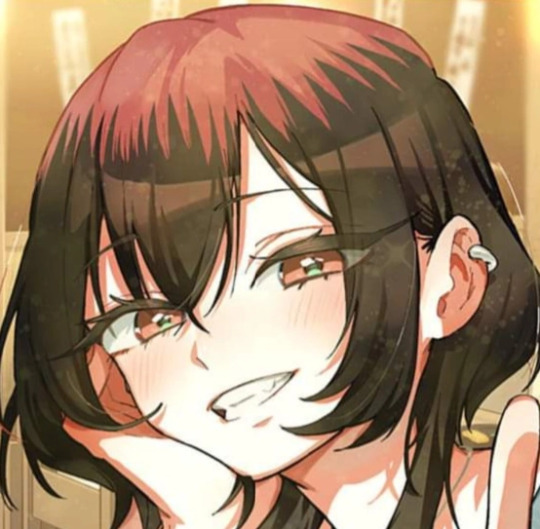
Bonnouji Momoha - The "Bonnou" in Bonnouji means "worldly desires," and "Momoha" means "108" referencing the 108 worldly desires of Buddhist terminology.
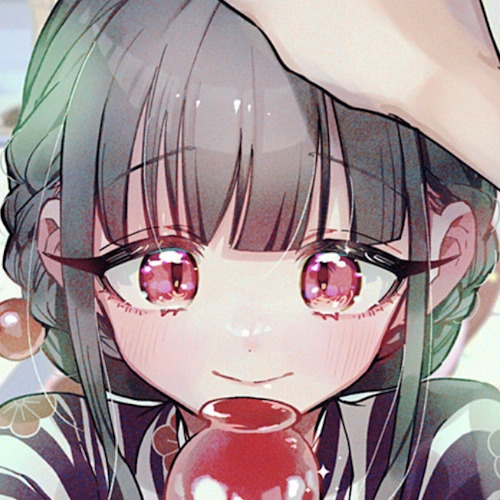
Baio Rin - Her full name is a pun on how the word for "violin" is pronounced in Japanese, but also sounds like the world "violent" or "violence." Her name is also a reference to "Biohazard" the Japanese name of the violent horror shooter game series, Resident Evil.

Hifumi Suu - "Hi Fu Mi" literally means "1 2 3" in the Goroawase wordplay system. Suu also means "number."
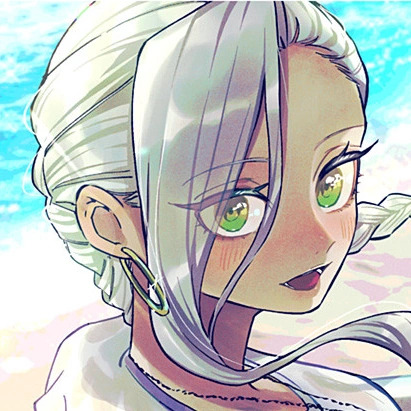
Kaho Eira - Kaho's name is a pun on "Capoeira" the style of Brazilian martial arts that she practices.

Nekonari Tama - Nekonari contains the kanji "Neko" and "Naru", which when put together means "to become a cat." Tama means "beads" but is also a homophone for "ball" referring to how cats like playing with balls of yarn.
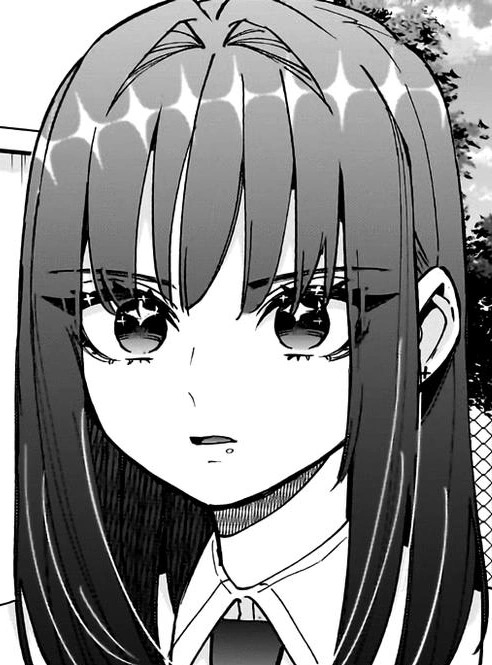
Saiki Himeka - "Sai" means "talent," "ki" means "strange." "Hime" means "princess" and ""ka" means "song." Himeka uses the first kanji of her first name and the second kanji of her last name for her stage name, "Kiki," literally translating to "weird princess" or "strange princess."
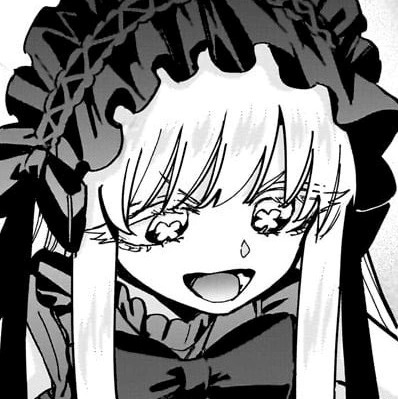
Dei Matsuri - "Matsuri" literally means "festival," and "Dei" is derived from the ending particle of Edo dialect speech. "Dei" effectively replaces the standard ending particles "desu" and "da," emphasizing Dei's cockney English dialect.

Usami Shiina - Usami is a short abbreviation of "Usagi no Mimi", which means "bunny ears." Additionally, her full name is a pun on "Ū samishī na" which means "Ugh, I'm so lonely," naturally referring to how Shiina is unable to engage in solo activities due to her autophobia
#the 100 girlfriends who really really really really really love you#kimi no koto ga daidaidaidaidaisuki na 100 nin no kanojo#aijou rentarou#hakari hanazono#inda karane#shizuka yoshimoto#nano eiai#kusuri yakuzen#hahari hanazono#kurumi haraga#mei meido#iku sutou#mimimi utsukushisugi#meme kakure#chiyo iin#yamato nadeshiko#yamame yasashiki#momiji momi#yaku yakuzen#kishika torotoro#kedarui aashii#uto nakaji#mai meido#momoha bonnouji#rin baio#suu hifumi#eira kaho#tama nekonari#himeka saiki#matsuri dei
121 notes
·
View notes
Text

Art for volume 18 of The 100 Girlfriends Who Really, Really, Really, Really, Really Love You, showing Rentarou napping with girlfriends 15-26.
#hyakkano#100 kanojo#100 gfs#rentarou aijou#momiji momi#yaku yakuzen#kishika torotoro#aashii 'ahko' kedarui#uto nakaji#mai meido#momoha bonnouji#rin baio#suu hifumi#eira kaho#tama nekonari#himeka 'kiki' saiki
31 notes
·
View notes
Text

i drew momoha, surprised i finished this in time (tho its a bit messy) but anyway cheeerssss
#100 girlfriends#100 kanojo#kimi no koto ga daidaidaidaidaisuki na 100 nin no kanojo#fanart#admin art#bonnouji momoha
7 notes
·
View notes
Text

These are exactly the places where my mind goes when thinking about immortality, thanks Momoha and Eira
10 notes
·
View notes
Text
INSANITY (Hellaverse x isekai male reader) Winners (Part 4):
•Steven (Steven Universe/Stevenuniverse)
•Connie (Steven Universe/Steveuniverse)
•Greg (Steven Universe/Stevenuniverse)
•Amethyst (Steven Universe/Steveuniverse)
•Garnet (Steven Universe/Stevenuniverse)
•Pearl (Steven Universe/Stevenuniverse)
•Bismuth (Steven Universe/Stevenuniverse)
•Peridot (Steven Universe/Stevenuniverse)
•Lapys (Steven Universe/Stevenuniverse)
•Masahiro Inoue (Decade/Kamenrider)
•Mike (Piemations)
•Zach (Piemations)
•Holly (Stevenuniverse)
•Undyne (Undertale)
•Sans (Undertale)
•Papyrus (Undertale)
•Tessa (Murder drones/Murderdrones/Glitch/Glitchproductions)
•Aldo (Aldogiovanniegiacomo)
•Giovanni (Aldogiovanniegiacomo)
•Giacomo (Aldogiovanniegiacomo)
•Aloy (Horizontheforbiddenwest)
•Mokey (Mokeyshow/SrPelo)
•Robin (TeenTitansGo/CartoonNetwork/CartoniPerRagazzi)
•Cyborg (TeenTitansGo/CartoonNetwork/CartoniPerRagazzi)
•Raven (TeenTitansGo/CartoonNetwork/CartoniPerRagazzi)
•Starfire (TeenTitansGo/CartoonNetwork/CartoniPerRagazzi)
•Beast Boy (TeenTitansGo/CartoonNetwork/CartoniPerRagazzi)
•PaoloBonolis (CiaoDarwin)
•Fern (Frieren)
•Stark (Frieren)
•Frieren (Frieren)
•Himmel (Friren)
•Heiter (Frieren)
•Eisen (Frieren)
•Tougo Asagaki (RedRanger)
•Ein (WorthlessAppraiser)
•Hanni (Newjeans)
•Haerin (Newjeans)
•Minji (Newjeans)
•Hyein (Newjeans)
•Danielle (Newjeans)
•Aijou Rentarou (100Girlfriends)
•Hanazono Hakari (100Girlfriends)
•Inda Karane (100Girlfriends)
•Yoshimoto Shizuka (100Girlfriends)
•Eiai Nano (100Girlfriends)
•Yakuzen Kusuri (100Girlfriends)
•Hanazono Hahari (100Girlfriends)
•Haraga Kurumi (100Girlfriends)
•Meido Mei (100Girlfriends)
•Sutou Iku (100Girlfriends)
•Utsukushisugi Mimimi (100Girlfriends)
•Kakure Meme (100Girlfriends)
•Iin Chiyo (100Girlfriends)
•Yamato Nadeshiko (100Girlfriends)
•Momi Momiji (100Girlfriends)
•Yakuzen Yaku (100Girlfriends)
•Torotoro Kishika (100Girlfriends)
•Kedarui Aashii (100Girlfriends)
•Nakaji Uto (100Girlfriends)
•Meido Mai (100Girlfriends)
•Bonnouji Momoha (100Girlfriends)
•Baio Rin (100Girlfriends)
•Hifumi Suu (100Girlfriends)
•Kaho Eira (100Girlfriends)
•Nekonari Tama (100Girlfriends)
•Saiki Himeka (100Girlfriends)
•Dei Matsuri (100Girlfriends)
•Usami Shiina (100Girlfriends)
•Zetsubouda Meru (100Girlfriends)
•Tomogara Saki (100Girlfriends)
•Nemui Nemu (100Girlfriends)
•Teruari Nakamura (Okitsura)
•Hina Kyan (Okitsura)
•Kana Higa (Okitsura)
•Yae Hagena (Okitsura)
•Tensuke Uema (Okitsura)
•Isao Shimoji (Okitsura)
•Oki Memo Shinsha (Okitsura)
•Tetsu Higa (Okitsura)
•Suzu Higa (Okitsura)
•Naoya Higa (Okitsura)
•Sachiko Kyan (Okitsura)
•Yuke (Aparida)
•Marina (Aparida)
•Rain (Aparida)
•Silk (Aparida)
•Blugunderson (Rio/Riothemovie)
#Amethyst#Stevenuniverse#Decade#Kamenrider#Mike#Zach#Piemations#Pearl#Undyne#Undertale#Glitch#Murderdrones#tessa#Aldogiovanniegiacomo#Horizontheforbiddenwest#Heaven#Mokeyshow#SrPelo#TeenTitansGo#CartoonNetwork#CartoniPerRagazzi#PaoloBonolis#CiaoDarwin#Stark#Fern#Frieren#RedRanger#WorthlessAppraiser#Newjeans#100Girlfriends
0 notes
Text
Never, eh?

Please allow me to introduce Momoha Bonnouji. The name pretty much means “108 earthly desires.” She lives in a tent, drinks flower alcohol because it smells better than sake, and can’t pick a winning racehorse to save her life. She teaches ethics.
The most fuckable anime girl this season is that alcoholic bassist with shark teeth from Bocchi the Rock
3K notes
·
View notes
Text

The 100 Girlfriends Who Really, Really, Really, Really, Really Love You chapter 171, "The Stacked Woman—Ponytail—Knit Sweater Combo Chapter".
#hyakkano#100 kanojo#100 gfs#momoha bonnouji#hahari hanazono#kishika torotoro#meme kakure#yamame yasashiki#hakari hanazono#nano eiai#kusuri yakuzen#eira kaho#tama nekonari#nadeshiko 'naddy' yamato
25 notes
·
View notes
Text
Actually, you know how Ai Miyashita loves her grandmother's nukazuke pickles so much? Another grandma making pickles came up in a manga I was reading recently...

Headcanon incoming: Mama Miyashita is Yaku's second child, who went into the restaurant business instead of pharmaceutical research.
(We've never seen any of Ai's actual family members, though Grandma spoke from off-panel in the Tapestry Comic.)
(It's also unclear how long Yaku has been locked in her rejuvenated body. Things she's said imply that she is still aging, just from being a child again, and that therefore the Failed Immortality Drug is a pretty recent development, but...)
#hyakkano#love live#nijigasaki#100 kanojo#ai miyashita#yaku yakuzen#inane headcanons#kurumi haraga#yamame yasashiki#momoha bonnouji
8 notes
·
View notes